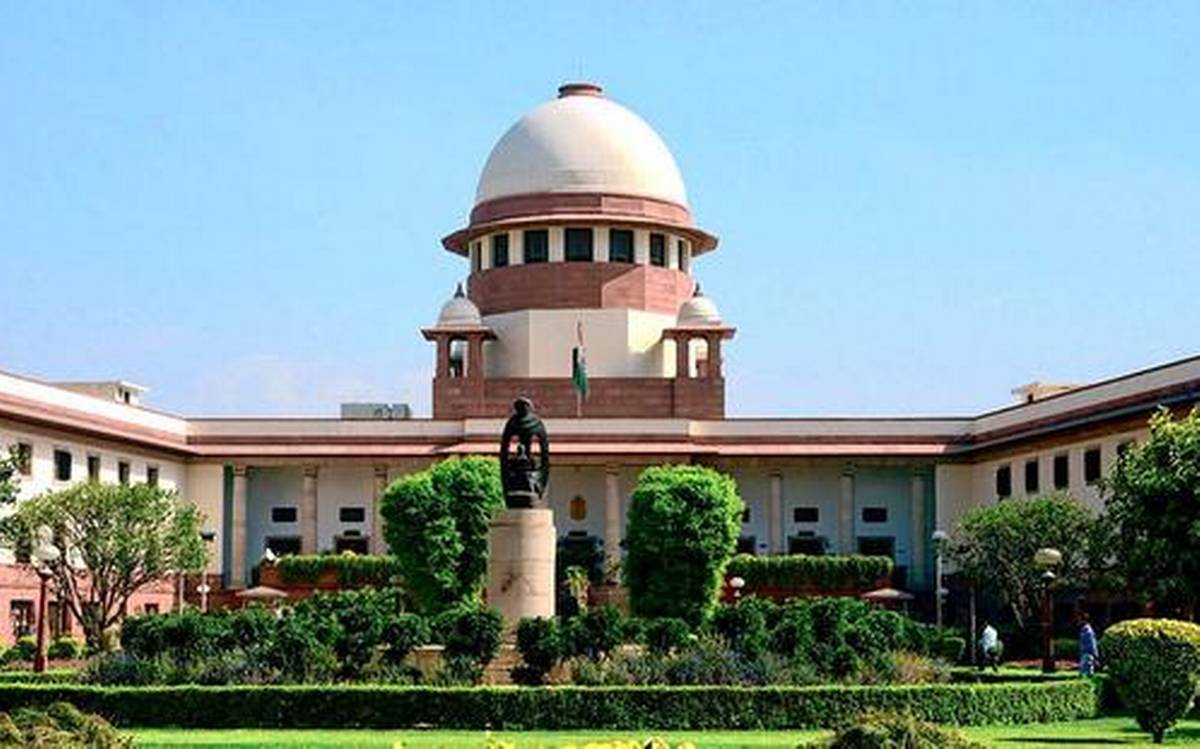Synopsis: TRI filed writ petitions before the Delhi High Court, questioning the provisional agreement so issued by TDSAT.
On 6 November 2020, in the case of Telecom Regulatory Authority of India v. M/S Bharti Ltd and Ors., the Supreme Court of India consisting of three-Judge Bench Justice S.A. Bobde, Justice A.S. Bopanna and Justice V. Ramasubramahanian directs the Indian Telecom Regulatory Authority to reveal details of segmented deals to Bharti Airtel and Vodafone.
The Telecommunication Tariff (63rd Amendment)Order was issued by TRAI. Bharti Airtel Limited, Idea Cellular Limited and Vodafone Mobile Services Milted filed appeals with Telecom before the TDSAT, challenging the said tariff order. The challenge was the reporting requirements and considerable market influence. An interim stay of the Tariff Order was requested by the telecommunication service providers. The service providers have been exempted from revealing their customers’ names and other classified information.

TRI filed writ petitions before the Delhi High Court, questioning the provisional agreement so issued by TDSAT. The writ petitions were denied, urging the tribunal to dispose of the appeals as soon as possible. Finally, TDSAT heard the appeals and partly permitted them by a final order. To the extent that it alters the concepts of SMP, non-predation and the related provisions, the TDSAT set aside the Telecom Tariff 63rd Amendment Order.
The appellant (TRAI) has submitted an application to the service providers for interim directions to disclose the information/details requested by the appellant concerning segmented offers.
The respondent argued before the Court that if the applicant-TRAI decided to call for information of the segmented offers on which complaints were received by TRAI, the respondents were prepared and able to provide the same. The respondent argues that, after failing to obtain a suspension of the application of the impugned order, the TRAI cannot pursue such interim directions.
In its review, the Court observed that the respondents’ claim that the prayer for the suspension of the application of the order under appeal was granted only to a limited extent at the time when the appeals were admitted does not take the respondents to any position.
In its judgement, the Court held that what TRAI is now doing to ensure conformity with the regulatory standards of transparency, non-discrimination and non-predation can not be said to be, at least prima facie, illegal or entirely unjustified. The instruction is therefore, given to the respondents to reveal the applicant’s requested information/details about segment offers.

